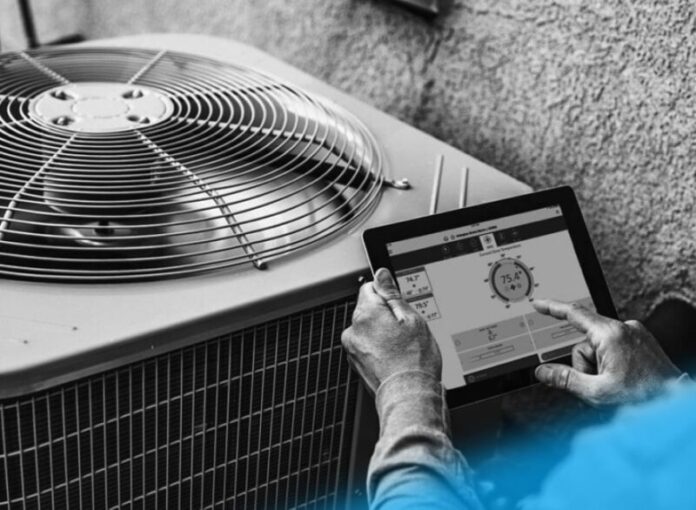As winter hits its peak in St. Louis, subzero temperatures are sure to make their way to the Midwest. When the weather hits extreme levels, many St. Louis residents realize their HVAC system is struggling to keep up.
St. Louis heating and air systems can result in higher bills for customers if they’re being overworked. However, you don’t have to just accept the higher bills. There are steps to take to combat the extra costs that come with subzero temperatures.
A more energy-efficient HVAC system is a great investment to offset the higher usage during extreme winter and summer temps. However, not all families are quite ready for an upgrade. We have good news on that front! Believe it or not, there are simple ways to help your HVAC system be more efficient that require very little effort from homeowners.
Check out our top tips on how to increase the performance and efficiency of your heating and air.
Adjust Your Thermostat
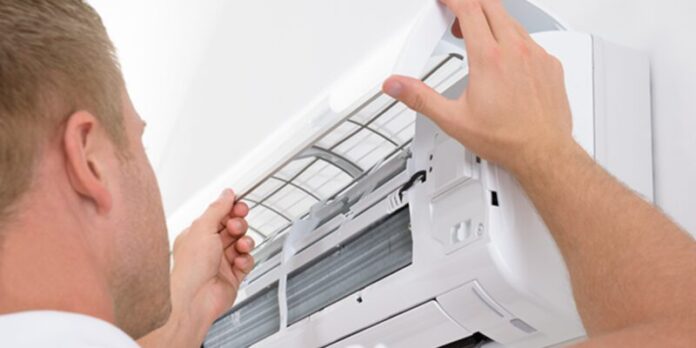
A small adjustment of your resting thermostat temperature – even by just a few degrees – can make a big difference in the energy usage of your HVAC system. This can be done during the summer and winter to offset extreme temperatures. An upgrade to a smart thermostat will make these adjustments easier as smart thermostats offer more flexibility in adjusting temperatures.
Be Vigilant With Curtains and Blinds
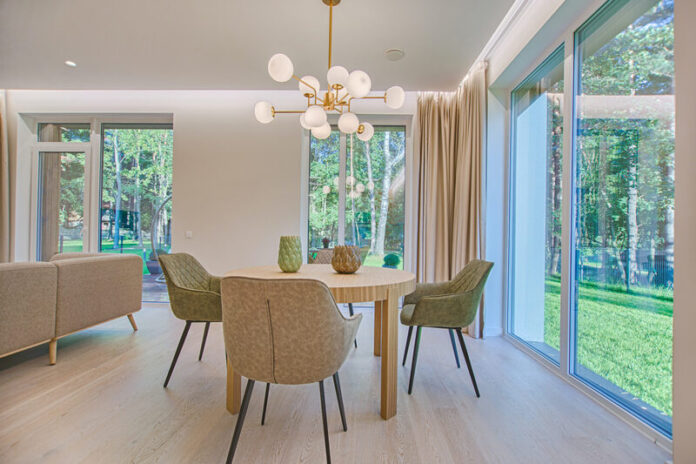
Keeping curtains and blinds open during cold winter days and closed during warm summer days helps reduce the load on your HVAC system. Allowing the natural elements to aid your system keeps it from being overworked, resulting in less energy usage and lower bills.
Keep the Condensate Drain Line Clear
This is one of the only HVAC maintenance tasks that we recommend that homeowners do themselves. Clogged drain lines are one of the most common causes of HVAC problems. They also happen to be one of the easiest to resolve. Check the drain line and clean it occasionally to keep strong airflow and efficient operation of your system. Drain lines are usually directly under the inside unit or under the condenser unit. If you are unsure of how to locate and clean your drain line, contact a professional.
Seal Air Leaks to Ensure Your Home is Adequately Insulated
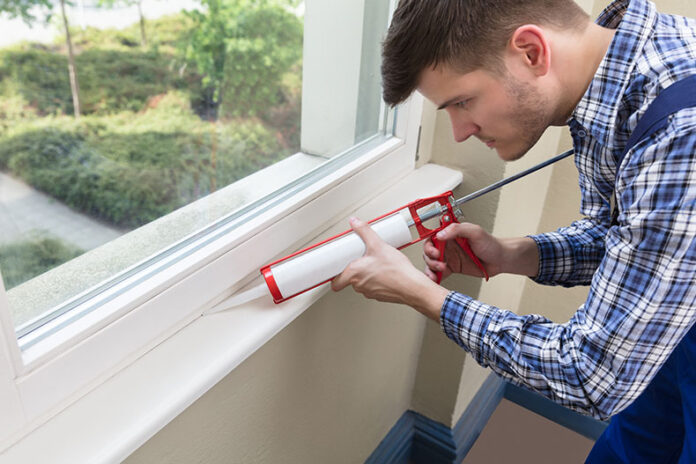
All ductwork that runs through the unconditioned portions of your home should be fully sealed and in good condition to prevent any air from leaking out. The more air that is lost on its way inside your home, the harder your system has to work.
Most homeowners are able to notice bigger, more impactful leaks, but the small leaks add up as well. Have your ductwork inspected by a professional for best results and the most efficient outcome. They can further insulate your home in the areas that need it or fortify places that may not have been adequately insulated before.
Keep the Area Around the Outside Unit Clean
The outdoor unit, sometimes called the condenser unit, is at its most efficient and powerful when it is clean and free of obstructions and debris. This is an easy area for twigs, leaves, and other unwanted debris to collect. Do your best to keep the area around your condenser unit clean and clear, especially during the fall and winter when leaves and snow are an issue. Additionally, you should have the unit professionally inspected at least once a year.
Keep Indoor Vents Uncovered and Clean
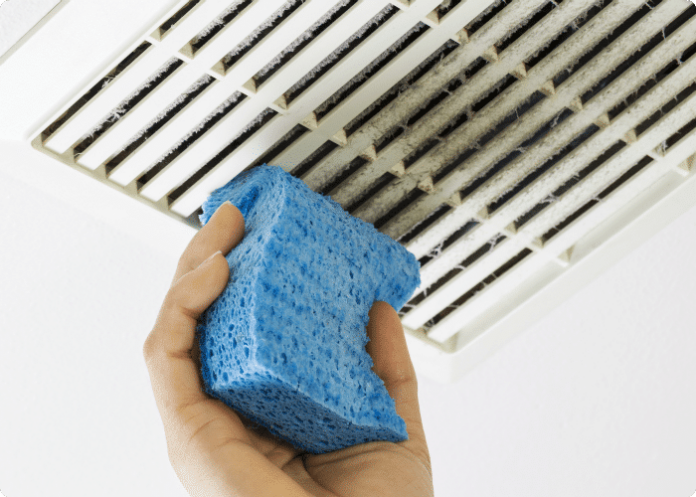
Your indoor vents are what regulate the airflow and temperature in your home. Too often, homeowners block their vents for the sake of space, decor, or other reasons. However, covered or dirty vents hinder the performance of your HVAC. Additionally, dirty vents taint the air coming out of them, so make sure to keep vents free of dust and dirt for the cleanest air possible.
Replace Your Air Filter
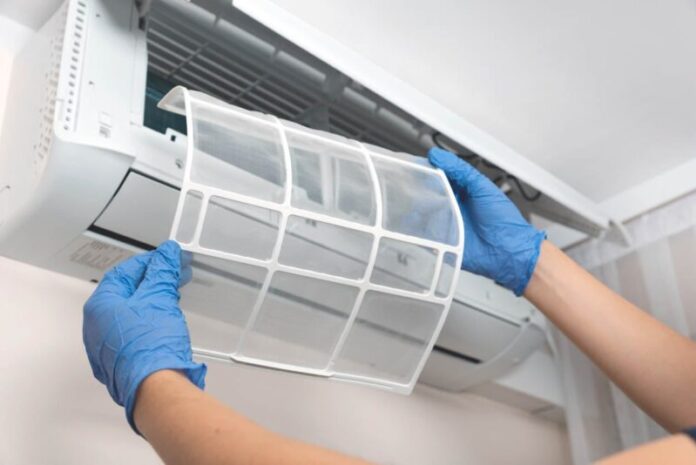
Changing your air filter on a regular basis is the easiest and most effective way to minimize allergens, dust, and other breathable debris in your home. While it is often neglected, the air filter is a vital piece of the puzzle that is your HVAC system. Filters are the first line of defense against any particles that can cause discomfort or damage to the air that is entering your home.
The more unwanted particles that the filter stops, the more full and dirty it becomes, blocking air from passing through cleanly and freely. The leading cause of HVAC failure is a clogged or dirty filter, so neglecting to change your air filter can have costly consequences. It’s recommended you change it at least once every 90 days.
Schedule Preventative Maintenance
This is the most effective step to take in improving your home HVAC system’s efficiency and extending the life of your unit. Having a professional assess, diagnose, and restore your system on a regular basis is a huge benefit to your unit. Technicians can clean your unit, assess/change filters, and diagnose small issues before they grow into larger issues. This ensures your home maintains comfortable temps all year-round.

